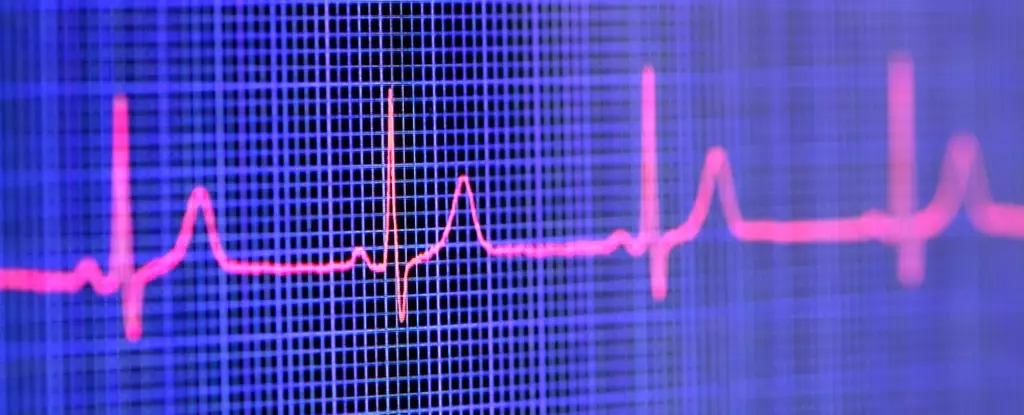A recent study has shed light on the importance of aligning the timing of blood pressure medication with an individual’s personal chronotype. This new research suggests that tailoring the timing of medication intake based on one’s circadian rhythm could have a substantial impact on heart health, reducing the risk of heart attacks associated with hypertension. The findings of this study challenge conventional practices and may pave the way for personalized chronotherapy in the treatment of high blood pressure.
Our bodies operate on a 24-hour biological cycle known as the circadian rhythm, which affects various physiological processes, including sleep patterns, body temperature, hormones, and metabolism. Importantly, fluctuations in blood pressure levels are also regulated by this internal clock. It is hypothesized that the timing of medication administration in alignment with these natural body rhythms could optimize the effectiveness of treatment for hypertension.
Research Findings
The study conducted by an international team of researchers involved over 5,300 individuals who were categorized based on their chronotypes. Participants were then assigned to different groups and instructed to take their blood pressure medication at specific times. The results revealed that individuals who took their medication at times that did not align with their chronotype had an increased risk of heart attack. Notably, night owls who were most active at night and took their medication in the morning experienced higher risks.
The implications of this study are significant in the field of hypertension treatment. Personalized chronotherapy, which takes into account an individual’s chronotype when determining the dosing time of antihypertensive medications, could revolutionize current practices. By considering the unique biological rhythms of each patient, healthcare providers may be able to enhance the efficacy of treatment and reduce the occurrence of cardiovascular events.
Future Directions
While the findings of this study provide valuable insights into the relationship between chronotype and blood pressure medication timing, further research is warranted. In order to establish a more definitive link and confirm the effectiveness of personalized chronotherapy, additional randomized clinical trials are needed. It is crucial for healthcare professionals to consider the individual variations in chronotypes among patients and explore how adjusting medication timings could optimize treatment outcomes.
The groundbreaking study on the impact of personal chronotype on blood pressure medication timing highlights the potential benefits of tailoring treatment approaches to align with individual circadian rhythms. By incorporating personalized chronotherapy into clinical practice, healthcare providers may have the opportunity to improve heart health outcomes and reduce the risks associated with hypertension. This research opens the door to a new era of precision medicine in the management of high blood pressure.


Leave a Reply